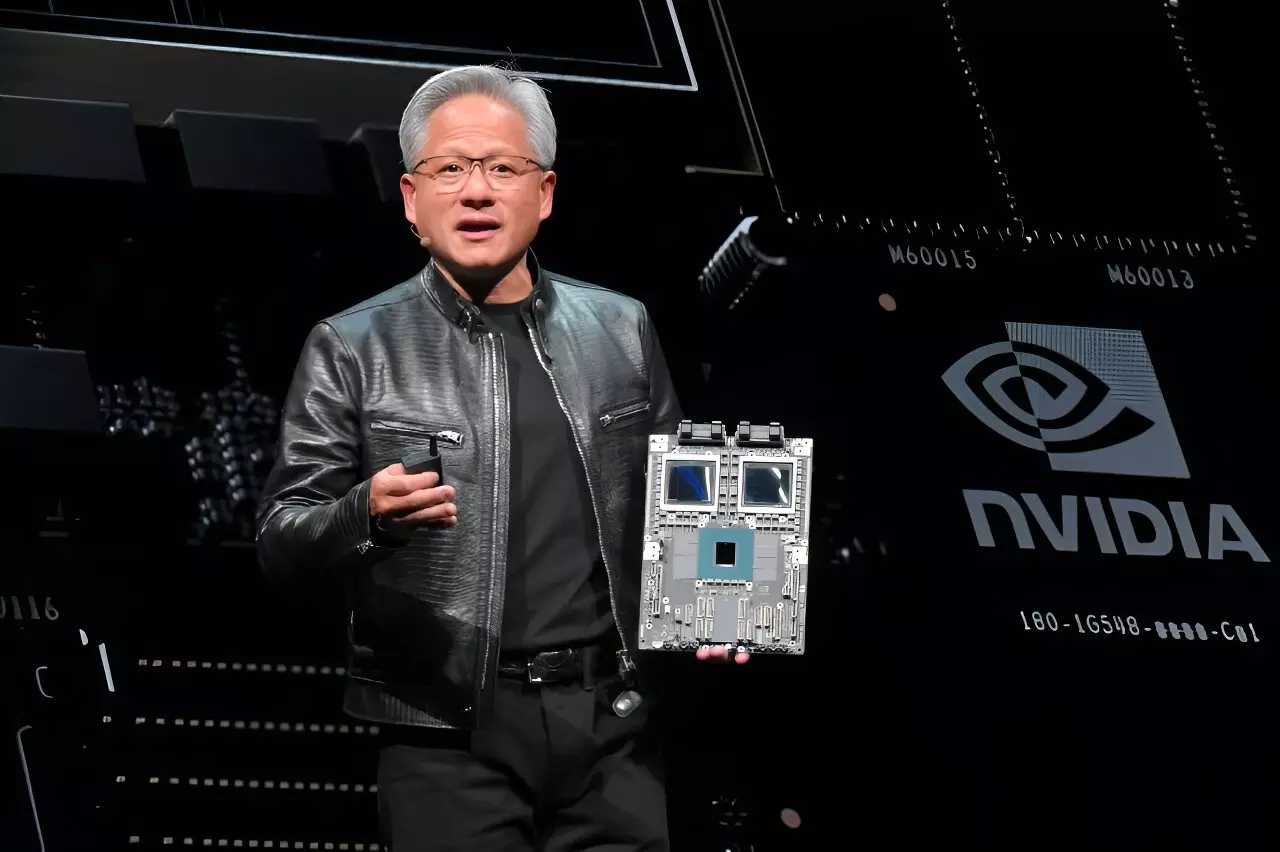Nvidia’s CEO, Jensen Huang, made a significant announcement at Computex, Taiwan’s premier tech expo. Describing the current era as the “next industrial revolution,” Huang emphasized the importance of artificial intelligence (AI) in shaping the future of technology. The event showcased Nvidia’s latest AI hardware and software developments, highlighting the company’s role as a leader in specialized chips and hardware for cutting-edge AI applications.
One of the key highlights of the event was the general availability of Nvidia ACE generative AI. This technology enables the creation of lifelike human avatars, which find applications in various industries such as customer support. Huang demonstrated how top tech companies like Foxconn and Siemens are leveraging Nvidia’s platforms to develop AI-powered autonomous robots, showcasing the widespread adoption of AI technologies across different sectors.
In addition to the current offerings, Huang also outlined Nvidia’s future plans, including the development of an “ultra” version of the Blackwell platform by 2025. He hinted at a next-generation GPU architecture codenamed Rubin, signaling the company’s commitment to continuous innovation in the AI space. Huang emphasized Nvidia’s accelerated roadmap for releasing new GPU products each year, underlining the company’s focus on driving advancements in AI hardware technology.
Huang praised Taiwan’s advanced semiconductor industry, highlighting its crucial role in the production of essential components for AI applications. He emphasized the strong partnerships between Nvidia and Taiwanese manufacturers, recognizing them as the foundation of the world’s AI infrastructure. The island’s expertise in producing cutting-edge semiconductors and AI hardware has positioned it as a key player in the global tech landscape.
Taiwanese manufacturers, such as Foxconn, have significantly expanded their focus on producing AI hardware in recent years. Huang’s visit to Taiwan underscored the island’s central position in the supply chain for advanced semiconductors, essential for powering AI technologies worldwide. As the demand for AI-accelerated experiences continues to rise, Taiwan’s role in manufacturing AI servers and components is becoming increasingly integral to the tech industry’s future.
Despite Taiwan’s key role in the semiconductor industry, geopolitical tensions pose challenges to its position as a global tech hub. China’s territorial claims over Taiwan and its military posturing have raised concerns among stakeholders in the tech industry. The delicate relationship between Beijing and Taipei underscores the need for continued vigilance and strategic planning to safeguard Taiwan’s technological advancements and maintain its competitive edge in the AI sector.
Nvidia’s recent announcements at Computex highlight the growing influence of AI technologies in shaping the future of the tech industry. Taiwan’s advanced semiconductor industry, coupled with strategic partnerships with leading tech companies, reinforces its position as a key player in the development and manufacturing of AI hardware. As the world transitions towards a more AI-driven future, Taiwan’s role in supplying critical components and enabling innovative AI solutions will be pivotal in driving technological progress at a global scale.


Leave a Reply